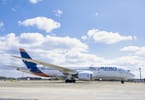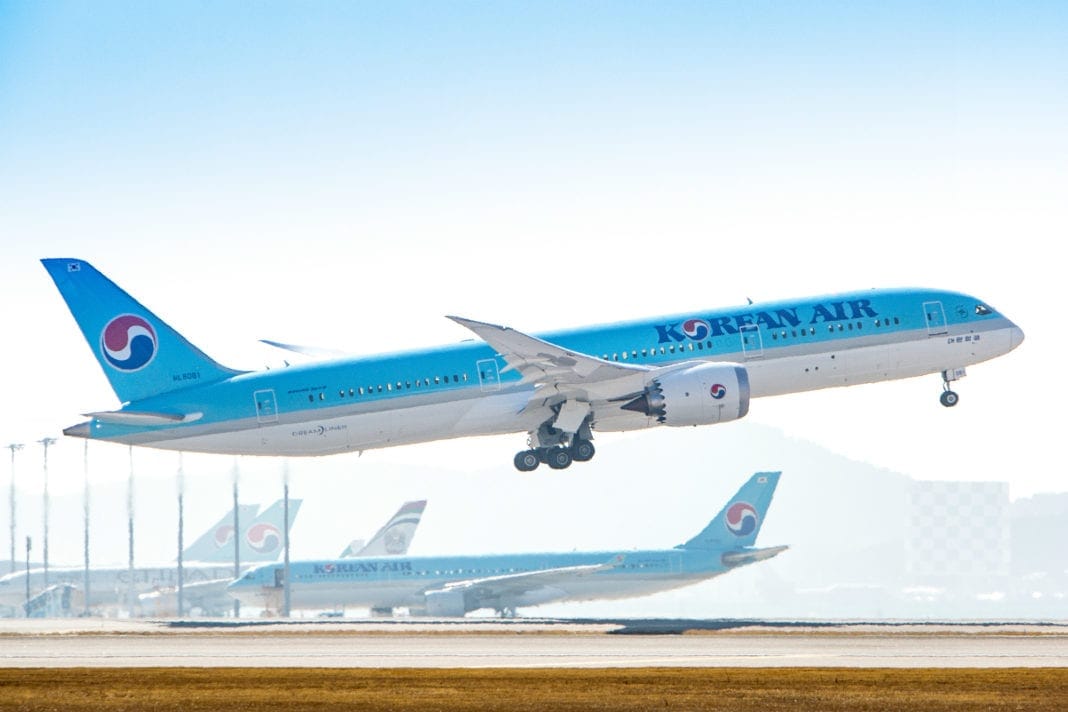Unwanted hotel rooms needlessly reserved for dignitaries by Olympic organisers will be a key factor in a tourism slump set to cost Britain billions this summer, top travel industry figures have warned.
The organising committee for the London 2012 Games, Locog, revealed yesterday that it had over-estimated by a quarter the number of rooms needed by officials, media and sponsors. It has now handed back 120,000 of the total 600,000 nights booked for the sporting event.
The large-scale reservation of rooms in early preparation for the Games has caused increased prices across the capital and has put many regular tourists off visiting this summer.
Tour operators warned last night that a sudden flood of vacant rooms would be too late to boost visitor numbers.
Analysis for The Independent suggests up to one million beds will now go unsold over the Olympic period, hitting hoteliers and others working in the tourism industry.
One trade association estimated income could slump by up to £3.5 billion during July and August.
Premium Tours, a leading sightseeing operator based in London, expects business to decline by one-third this year.
Neil Wootton, the managing director, said: “Prices have been so high that tourists are moving elsewhere. Overseas wholesalers who traditionally push London have switched to other cities this year. If the Parisian and Italian hoteliers do their job then the tours may never return to London.”
By the end of January his company has normally sold one-fifth of summer capacity; it is currently 60% below that target.
Hotel rates have broadly tripled in London during the Olympics.
Six months ago The Independent made a booking for the DoubleTree by Hilton in Holborn, central London, for August 1, 2012. The rate, £450, is four times the price of taking a room last night, and 150% higher than for August 1 last year.
Yet evidence from previous Olympiads, together with analysis by The Independent of the likely propensity of ticket-holders to book hotels in London, suggest hoteliers’ expectations are wildly optimistic, exacerbated by Locog’s similar over-optimism.
The likelihood is that London’s hotels will be less than 80 per cent full – representing one million empty beds over the duration of the Games, or 55,000 beds every night. In July and August of a normal year, occupancy is 90% or more.
The European Tour Operators Association believes that the summer tourism slump could cost up to £3.5b.
The executive director, Tom Jenkins, said: “During the Olympic period itself, there is currently almost no demand from regular tourists.”
VisitBritain, the British tourist authority, however, emphatically rejects predictions of decline.
The organisation expects inbound tourism to be the same as last year, with 30.7 million overseas visitors.
The chief executive, Sandie Dawe, welcomed the release of rooms by Locog and said: “We have a fantastic range of deals in place.”
Until last year, politicians were jostling to talk up the tourism dividend expected from the 2012 London Games.
Five years ago, the then Olympics minister, Tessa Jowell, said: “The estimate for London is that tourism will receive a £2b boost.”
In 2009, the London Mayor, Boris Johnson, said: “When hundreds of thousands of people come, as they will, to London in 2012, it will inevitably be good for this city and for the tourist economy”.
But now the official tune has changed to vague talk about the perceived long-term benefits.
Just as Olympics organisers traditionally underestimate the final cost, hoteliers in Games cities are prone to overestimate the money they will make. And the fact that, for London 2012, Locog overbid by one-quarter has fuelled room-rate inflation.
Terry Williamson, the chief operating officer for JacTravel – a leading wholesaler of hotel rooms – said: “Tourists are turning their back on London. We have for some time been fielding questions from overseas trade buyers about pricing and availability during both the Olympic and Paralympic games period. They are not happy about the hike in rates for everything.”
If tourist numbers fall, attraction numbers dwindle.
Merlin, the biggest attraction operator in London, is “not particularly positive about the Olympic period”.
Glenn Earlam, the managing director whose portfolio includes the London Eye and Madame Tussauds, said: “We are expecting less visitors than normal to our attractions.”
In a bid to lure spectators after evening events, the Eye will remain open to midnight.
Because most foreign visitors include London in their visits, the slump will spread beyond the capital. Tauck Travel, the oldest tour operator in the US, has cancelled all its British tours for two weeks before and after the Games, blaming the expected disruption in London and inflated room rates.
The company’s president, Jennifer Tombaugh, told The Independent: “There’s always this expectation that, if you build it they will come. This bubble of held inventory grows and grows and grows, with the price going up and up. That bubble will be deflated, if not burst. Hoteliers can be short-term in their thinking – penny-wise, pound- foolish in the longer term.”
Official estimates of numbers continue to be optimistic.
On July 26, the day before the Opening Ceremony, Heathrow is anticipating 10% more passengers than the busiest day in its history. But the airport’s assumptions – that every seat on every inbound flight will be occupied, and that departures will be at near-record numbers – have been questioned.
If the £3.5b shortfall proves correct, it will cause the Chancellor a problem. Most tourism expenditure is taxed at 20%, which means that expected VAT receipts could fall by £600m.
WHAT TO TAKE AWAY FROM THIS ARTICLE:
- The organising committee for the London 2012 Games, Locog, revealed yesterday that it had over-estimated by a quarter the number of rooms needed by officials, media and sponsors.
- “When hundreds of thousands of people come, as they will, to London in 2012, it will inevitably be good for this city and for the tourist economy”.
- Analysis for The Independent suggests up to one million beds will now go unsold over the Olympic period, hitting hoteliers and others working in the tourism industry.






















